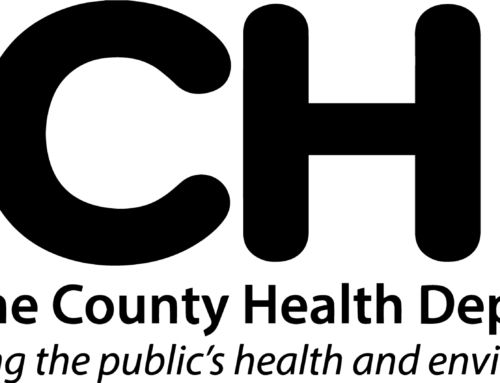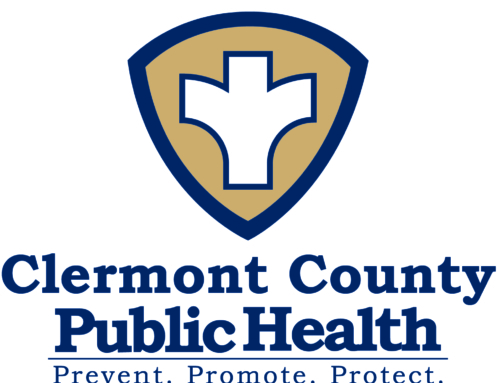Project Description

”The agency’s focus on achieving accreditation has helped to instill a continuous quality improvement lens on our daily work.”
Connecticut State Public Health Laboratory Embraces Continuous Quality Improvement as Catalyst for Innovation
By Melissa Touma, MPH
The Connecticut Department of Public Health achieved national public health accreditation in March 2017 after several years of intensive planning and preparation. The agency’s focus on achieving accreditation has helped to instill a continuous quality improvement lens on our daily work. The Connecticut State Public Health Laboratory (CT SPHL) has embraced continuous quality improvement as a catalyst for innovation, integrating it into program development and advancing testing capabilities to better respond to emerging issues.
One way this has been accomplished is through the initiation of monthly quality meetings between managers, supervisors, and principle scientists to improve internal communications and discuss various quality issues from around the laboratory, such as reviewing laboratory practices and improving communication with hospitals to improve testing quality.
A second way CT SPHL has advanced its culture of quality improvement is by utilizing the Lean Kaizen approach to inform the design and coordination of the recently established Advanced Molecular Diagnostic (AMD) unit. The goals of the project were to efficiently merge new equipment and testing procedures with existing ones, and to build work force capacity by cross-training staff for competency gaps in both AMD and non-AMD testing. Combining the use of technology that would improve service to laboratory customers with a Lean process mindset provided CT SPHL with a roadmap to efficiently initiate and manage the new AMD unit.
The integration of the AMD unit expands CT SPHL’s ability to apply advanced diagnostic tools to produce rapid results on infectious disease agents for real time management of patient care. The anti-microbial testing and whole genome sequencing capacity offered by the new unit provides treating physicians and hospitals with information on the type of infection within a few days of receiving the sample. The public health impact of this rapid and detailed testing is extensive. Physicians can improve the health outcome of their patient by administering a more effective treatment and consequently preventing the spread of healthcare- and community-acquired infections. Disease outbreaks can be detected earlier and the public notified expeditiously to reduce the scale of the outbreak, and hospitals are provided the enhanced ability to manage and control cases of drug-resistant bacteria. In addition, the AMD unit further supports hospitals by providing monthly reporting on infection rates of drug resistant pathogens to assist in disease prevention and control.
In applying the Plan-Do-Study-Act model, the CT SPHL continues to evaluate the effectiveness of the new processes and tests in the AMD unit. Initial feedback from the hospitals and physicians have indicated the new testing and monthly reporting is helpful in responding to emerging issues and the CT SPHL will continue working with customers to improve those services. As an example of best-practices, a State wide committee, of which the SPHL is part of, meets quarterly to assess progress in implementing testing for emerging and reemerging infectious disease of Public Health importance.
Connecticut Department of Public Health in Hartford, Connecticut, was awarded national accreditation through the Public Health Accreditation Board on March 14, 2017.
About the author: Melissa Touma, MPH, is Accreditation Coordinator at Connecticut Department of Public Health in Hartford, Connecticut. Contact her at [email protected].




